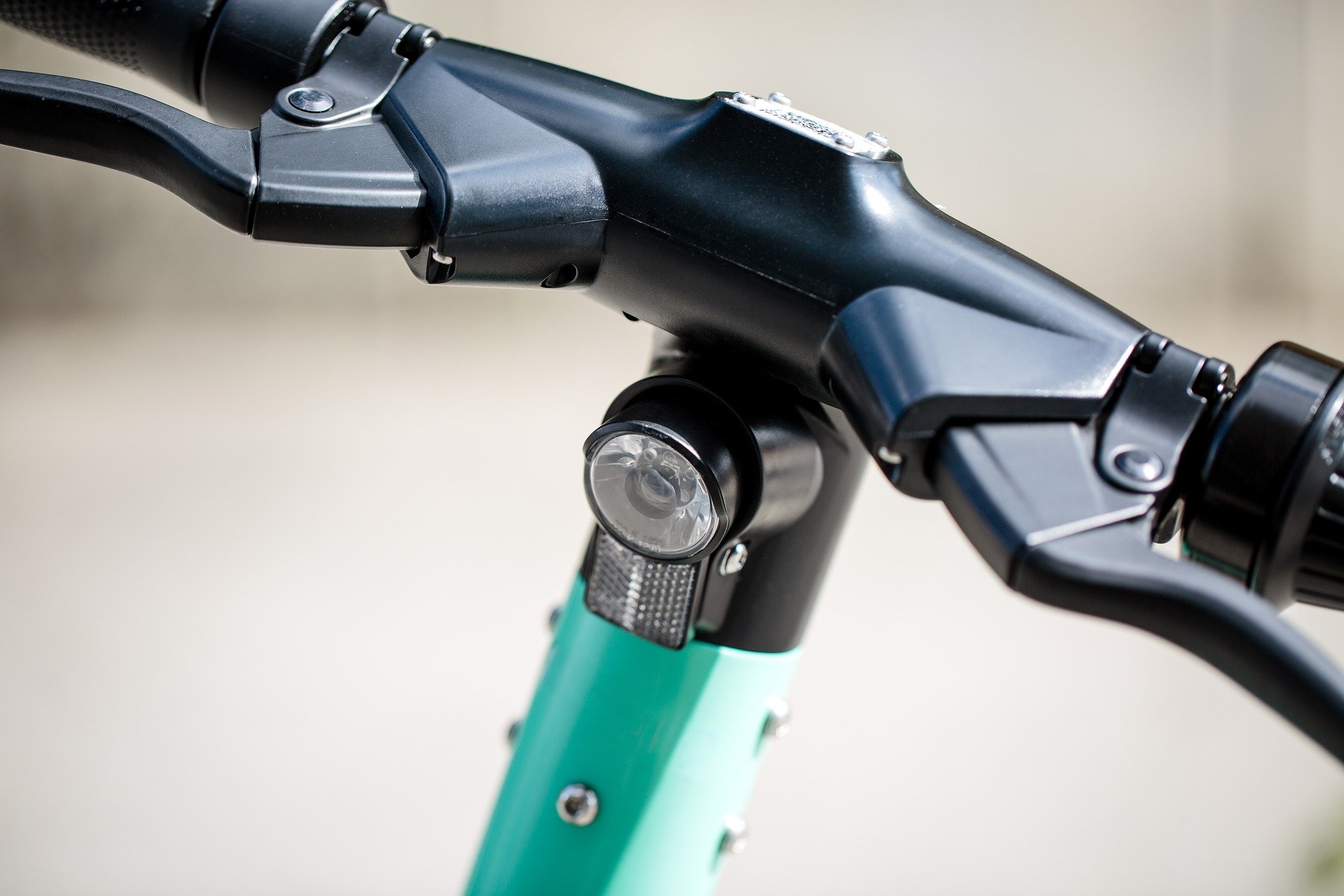E-scooters allowed on UK roads

As of 4 July 2020 E-scooters are allowed on Britain’s roads.
Trials will last 12 months to assess whether the two-wheeled transport will reduce car traffic levels and how they impact safety for all road users.
The battery-powered scooters will be prohibited on pavements and limited to 15.5mph on the roads – the DfT recommends that all riders wear helmets.
Those taking part in the trials will need a full or provisional car, motorcycle or moped licence and must be aged at least 16 – privately owned scooters will not be permitted.
Transport Minister Rachel Maclean said: “E-scooters may offer the potential for convenient, clean and cost-effective travel that may also help ease the burden on the transport network, provide another green alternative to get around and allow for social distancing.
“The trials will allow us to test whether they do these things.”
Although e-scooters are currently banned on public roads and pavements there has been a surge in their use across the UK in recent years.
The Metropolitan Police caught nearly 100 riders in London in a single week last summer and YouTuber Emily Hartridge became the first person in the UK to be killed while riding an e-scooter when she was struck by a lorry in London, in July last year.
Alan Clarke, director of UK policy and government affairs at US scooter rental firm Lime, said the announcement: “presents a real opportunity for change.
“Over the coming days, weeks and months as trials start, we’re looking forward to building healthier, greener and safer cities across the UK.”
The new regulations are just one of many measures aimed at encouraging commuters to return to work in a greener, more socially-distant manner.
Earlier this year, Transport Secretary Grant Shapps announced a £2bn boost to cycling and walking infrastructure as the Government plan to provide for double the number of people expected to be walking and pedalling to work by 2025.
